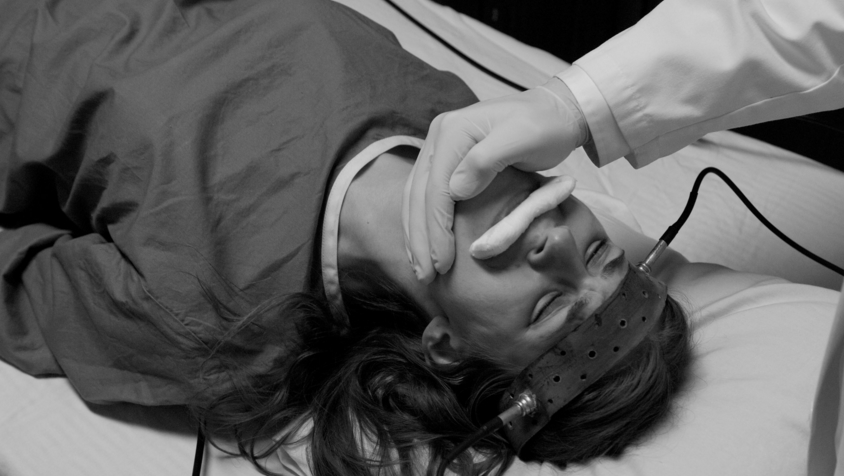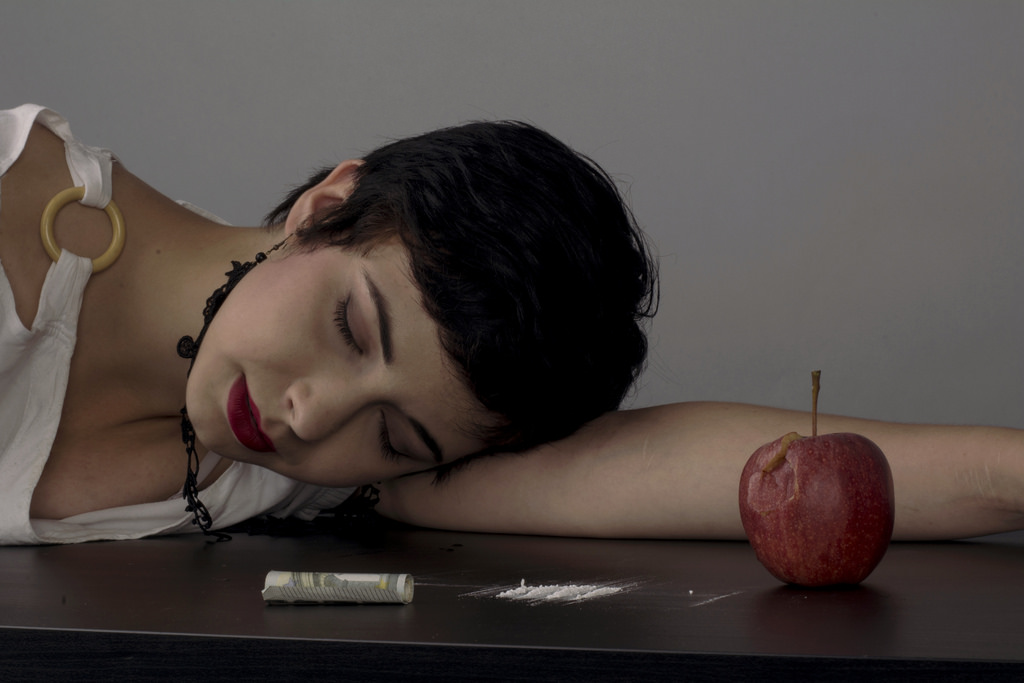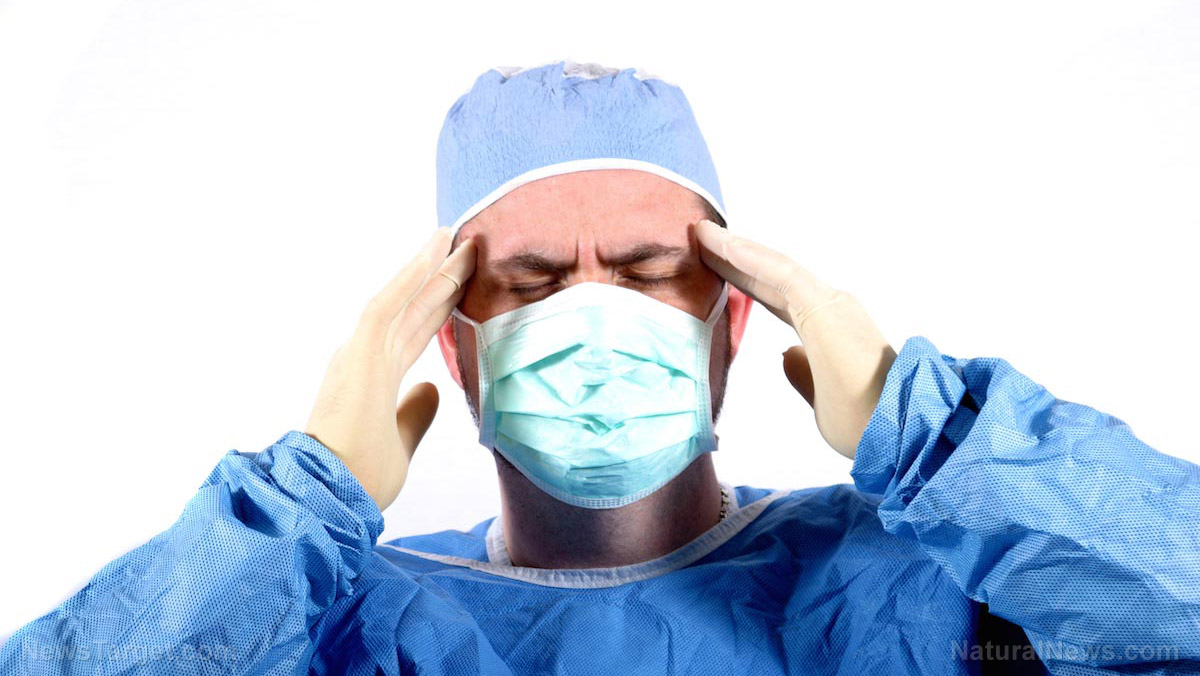How sleep deprivation affects your physical and mental health
01/22/2019 / By Ellaine Castillo

When was the last time you’ve had seven to eight hours of sleep? If it’s been a long time since — or if you can’t even remember the answer to that question — it’s probably time to start getting more sleep before it’s too late.
People tend to underestimate the power of a good night’s rest even if there are already numerous studies on the effects of sleep deprivation on physical and mental health. Its consequences often go unnoticed, especially since most people who don’t get enough sleep are extremely busy with their lives. If you aren’t convinced about the importance of getting adequate sleep, here are some of the ways sleep deprivation can affect your health:
- It makes you gain weight — A study from the University of Colorado found that getting only five hours of sleep for a week can lead to a two-pound weight gain. This can be attributed to the different changes in the body that occur due to sleep deprivation, such as changes in hormone production. People who don’t get adequate sleep tend to have lower levels of leptin, the hormone that suppresses appetite and enhances energy utilization. Meanwhile, they experience an increase in ghrelin, which is the hormone that triggers hunger. Sleep deprivation also makes you crave foods that are rich in fat and sugars.
- It can affect your sex life — Tiredness due to lack of sleep is one of the main reasons why a lot of people don’t want to have sex. This isn’t the only way through which sleep deprivation can affect your sex life. Studies have shown that people who don’t get enough sleep also have trouble getting aroused and suffer from sexual problems like infertility and erectile dysfunction. This is due to changes in the levels of sex hormones like testosterone. In addition, one study has found that sleep deprivation can affect how people read sexual interest from their partners due to changes in the brain region responsible for risk assessment and judgment.
- It makes you look and feel older — As a person sleeps, their body produces more human growth hormone (HGH), which is involved in the repair and regeneration of cells. This explains why people who are constantly deprived of sleep often have wrinkles and tired-looking skin. HGH is involved in the production of collagen, the protein that makes skin firm and elastic. Sleep deprivation is also associated with reduced muscle mass and strength, as well as low bone density. These changes in the muscles and bones can affect your posture and flexibility, as well as limit the physical activities that you can do.
- It increases your risk of accidents and injury — When you don’t get enough sleep, your brain cells will feel tired too and they won’t be able to function and communicate well. This can affect your reaction time, ability to focus, memory, and judgment skills. These changes in brain function are a great threat to your safety, especially when you’re doing sports, working, or driving. A study by the American Automobile Association Foundation for Traffic Safety showed that people who only got four hours of sleep were more likely to be involved in vehicle crashes than those who got adequate sleep.
Read more news stories on how sleep deprivation affects your overall health at MindBodyScience.com.
Sources include:
Tagged Under: accidents, appetite, benefits of sleep, bone density, brain function, cognitive function, ghrelin, hormone health, hormones, hunger, injury, lack of sleep, leptin, mental health, mind body science, muscle mass, sex drive, sleep deprivation, Testosterone, weight gain


















